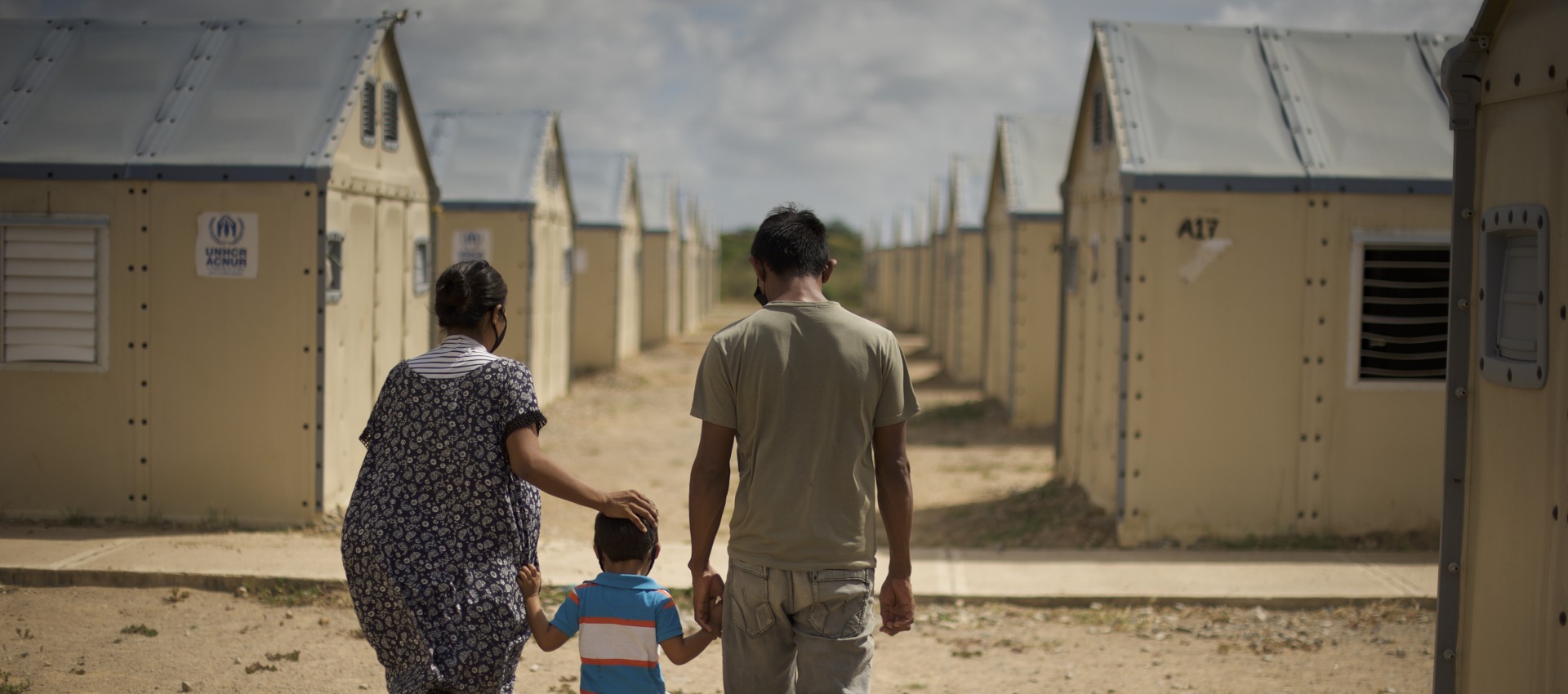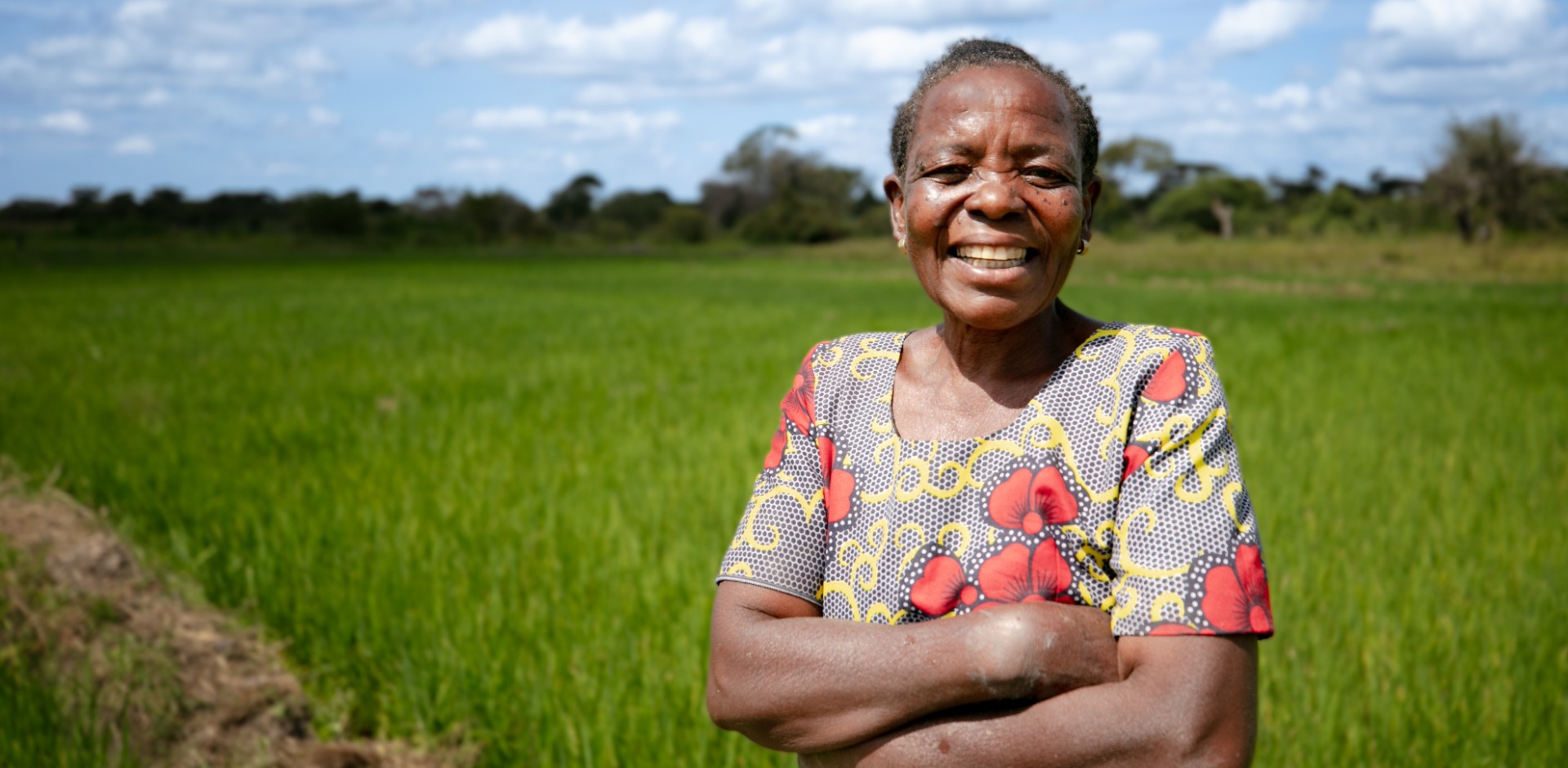
INTERNATIONAL DEVELOPMENT WEEK
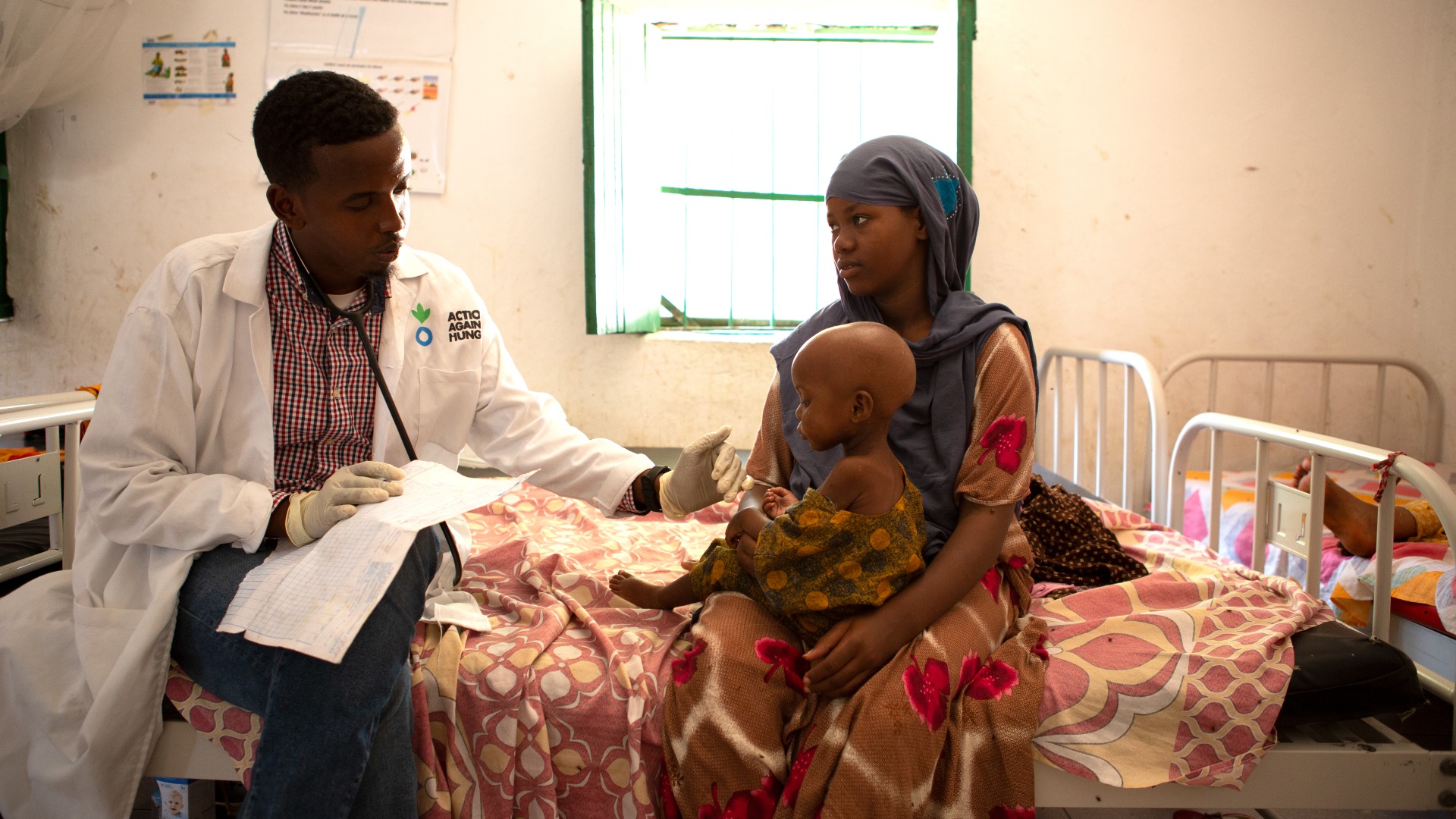
People living in poor communities often lack access to nutritious food and live in unsafe environments with contaminated water, poor sanitation, and inadequate access to health services and education — all of which contribute to hunger and malnutrition.
The largest global burdens of severe malnutrition are in South Asia and Sub-Saharan Africa, which also suffer from high rates of extreme poverty and climate shocks. But, people in any region may face malnutrition if they’re poor, displaced, or have other risk factors.
While many people living in poverty face hunger, it is children under the age of five years who are especially prone to hunger and its deadly effects. When kids are hungry, it’s hard for them to grow, learn and even to stay healthy.
Children who suffer from diseases or illnesses such as malaria, cholera or pneumonia are more susceptible to malnutrition. The combination of disease and malnutrition weakens the immune system. Acutely malnourished children are up to nine times more likely to die from common infections than their better-nourished peer.
Women are disproportionately affected by hunger; in nearly two-thirds of the world’s countries, women are more likely than men to suffer from hunger and food insecurity.
In many places, women eat least and last, despite the fact that 90 percent of the time, they are responsible for preparing and purchasing food for their families. Recent data revealed that 150 million more women than men were hungry in 2021.
Those marginalized within a community – such as the elderly, women, displaced people and refugees, and those with disabilities – are more likely to face barriers to essential services, jobs, income, and resources. They are also more likely to face food insecurity and illness, including malnutrition.
An estimated 60% of the world’s hungry people live in countries experiencing active conflict. Conflict disrupts harvests, hampers the delivery of humanitarian aid, and forces families to flee their homes.
The number of people who have been forced to flee their homes due to conflict, hunger, persecution, and human rights violations has reached a new record high. Displaced people, including refugees, asylum seekers, internally displaced persons (people who flee their homes but stay within their home country), face greater risk of hunger.
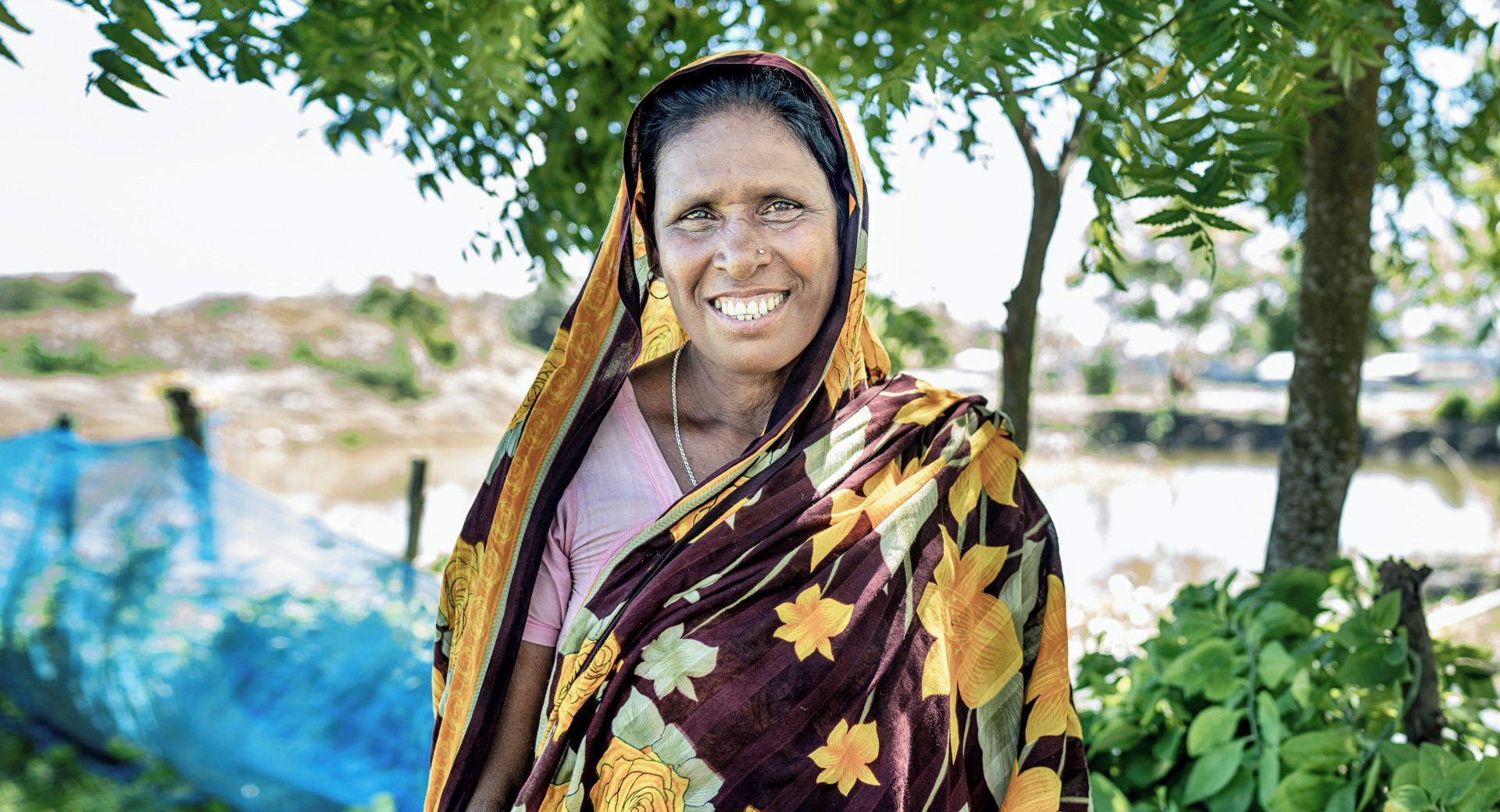
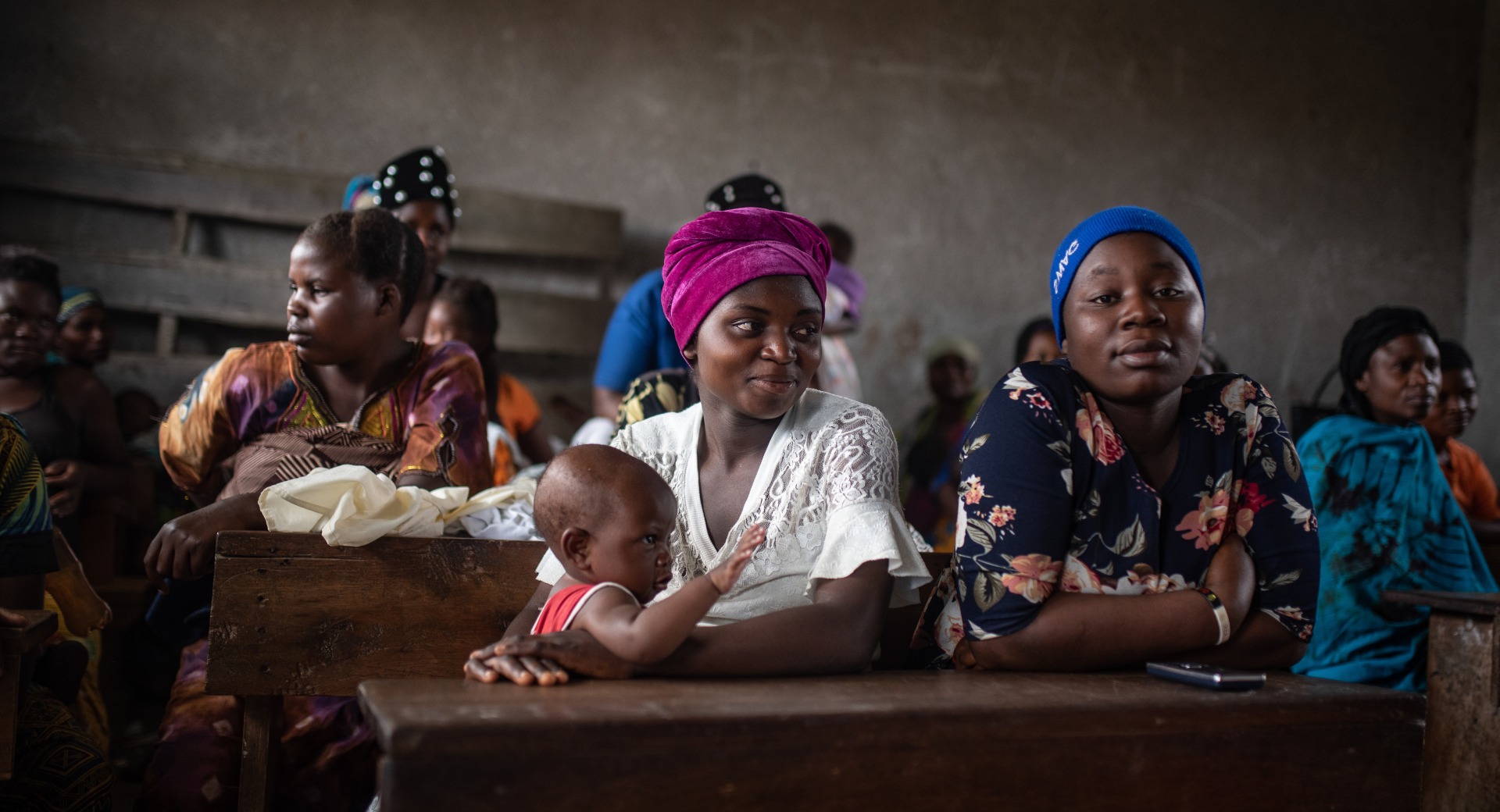
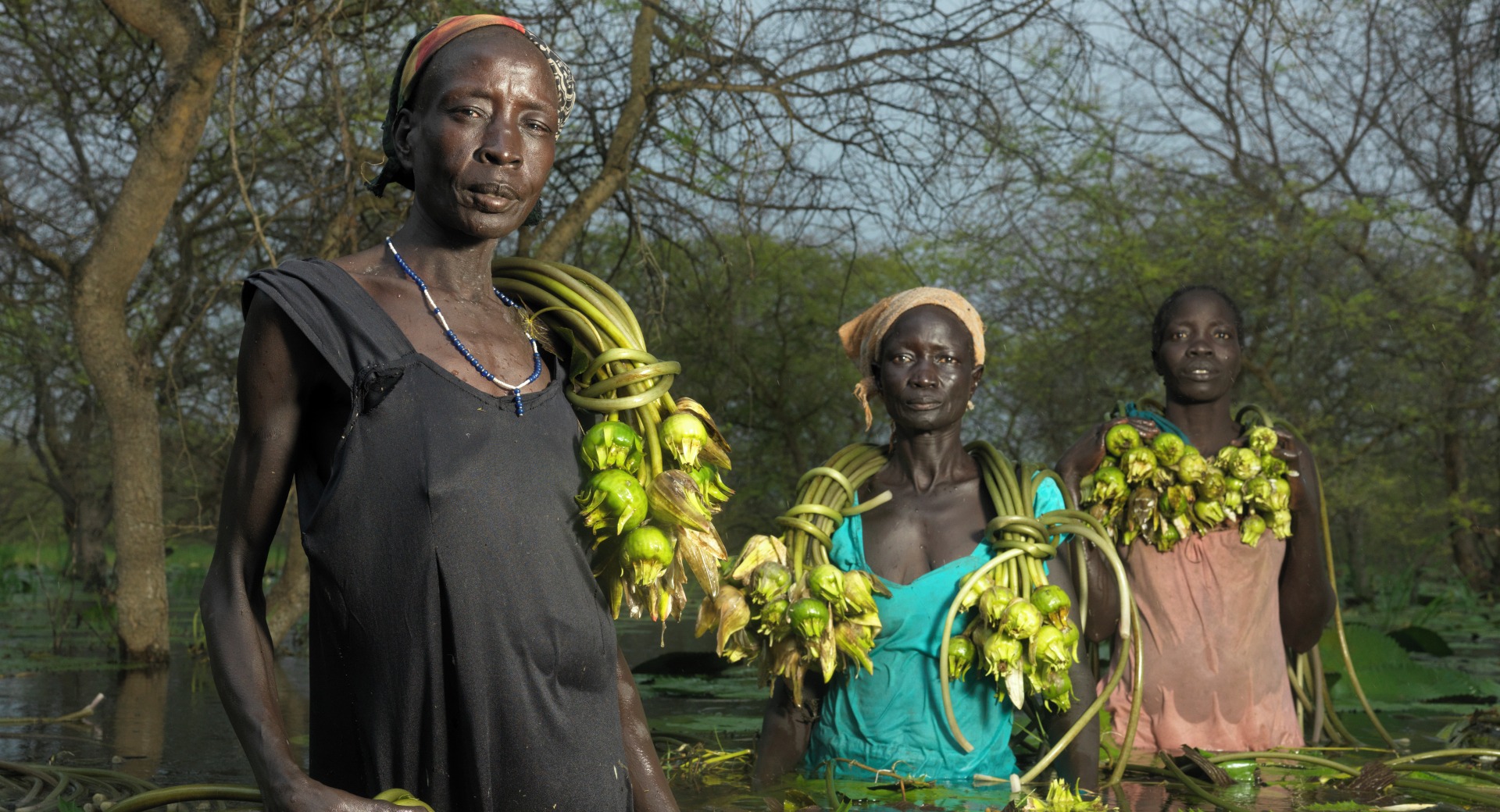
Every year, we spend three months with our land underwater, and it takes another three months to dry out and get back to everyday life. We are trying our best, fighting with nature and loss.”
— Sabuda Begum
Resiliency in a Changing Climate: “We are building dreams from ruins.”Women and girls are disproportionately affected by hunger: in too many households, they eat last and least. The top drivers of hunger – conflict, climate change, and inequity – also hit women hardest.
International Women’s Day 2022The flood destroyed everything people had. But we couldn't plant here either, because it’s also flooded...All the people who came here tried planting maize, but all of it was destroyed by the floods.”
— Nyadiang Gak
Desperate for Food, Mothers Turn to Water LiliesWe take decisive action against the causes and effects of hunger.
